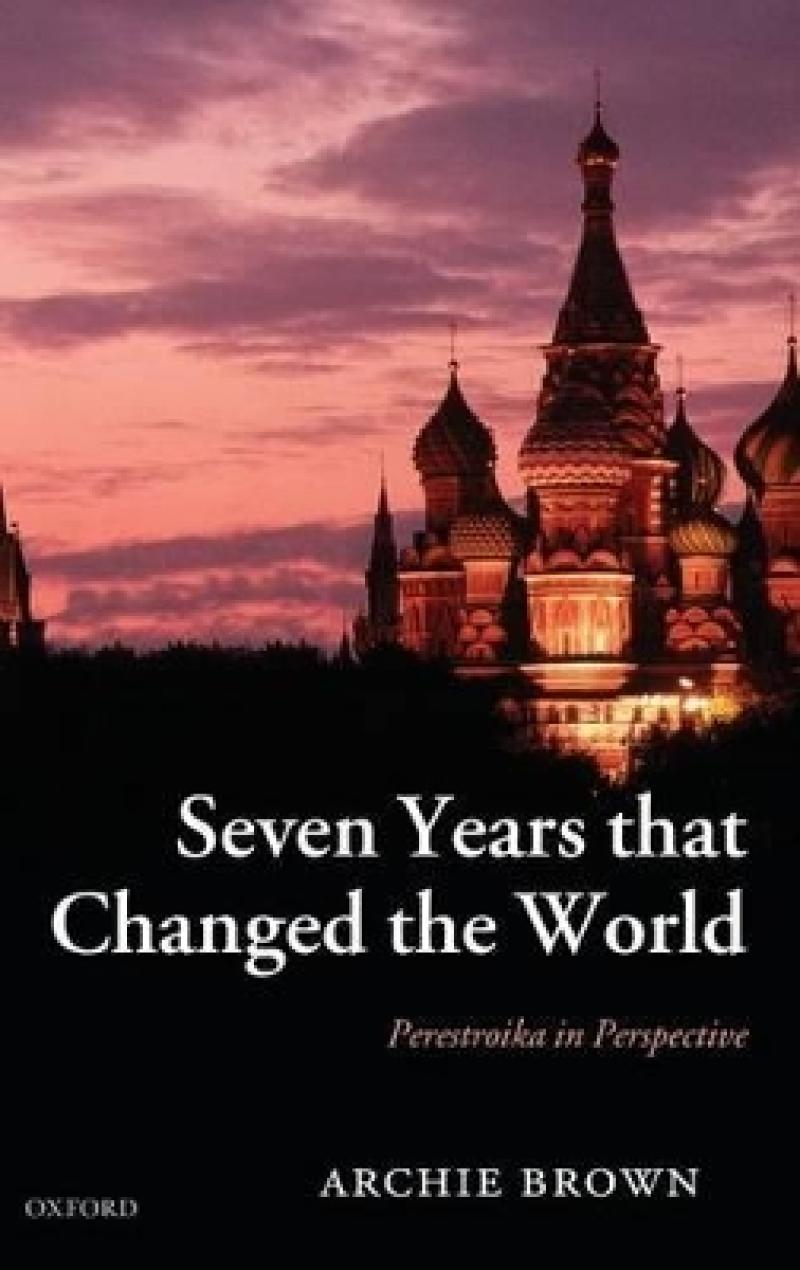Compelling...an excellent book,It is well-written, and researched with meticulous care.
Mike Bowker, Seer
...the book will encourage readers to revive their memories of the excitement of the Gorbachev years and to refine their own opinions on the man himself and his policies.
Paul Dukes History Today
There are few who can compete with Professor Brown in intensity of attention to Soviet politics and Soviet institutions, in nuanced approach, and in painstaking analysis
Lilia Shevtsova, Pro et Contra
Mikhail Gorbachev's most important biographer here passes judgement on the man and the process he unleashed ... The book's first part comprises four pieces written at the time of perestroika, which in retrospect were remarkably perceptive. In the years since, the mounting archival and memoir evidence - and Brown brings much of it to bear - has only strengthened his argument
Robert Legvold, Foreign Affairs
'The real genius of the end of communism was Mikhail Gorbachev, general secretary of the Communist Party of the Soviet Union from 1985 to 1991. Archie Brown has been his closest and best commentator.'
Financial Times
'The bulk of the book is a necessary reminder of what Mr Gorbachev and perestroika achieved - even if inadvertently. For what, asks Mr Brown, did Mr Gorbachev sacrifice "the boundless authority, the unquestioning obedience, the orchestrated public adulation"? For freedom of speech, freedom of religion, competitive elections and a host of other accomplishments. The author rightly concludes that the "democratic shortcomings of post-Soviet Russia notwithstanding, the country that Gorbachev bequeathed to his successors was freer than at any time in Russian history".'
The Economist
Demonstrating his meticulous scholarship and painstaking research, Brown adapts to the Soviet scene the concept of "institutional amphibiousness", by which some parts of the state system can simultaneously work for functions and purposes contradictory to those of the state'
Times Literary Supplement
in the 1980s Brown had to field his share of brickbats from those who accused him of wishful thinking about the very existence of serious reformers inside the Soviet establishment. History proved him right, and his critics wrong. Now, as this volume shows, he has the Soviet archives on his side as well
Mary Dejevsky (The Times Moscow correspondent during perestroika), Oxford Today
